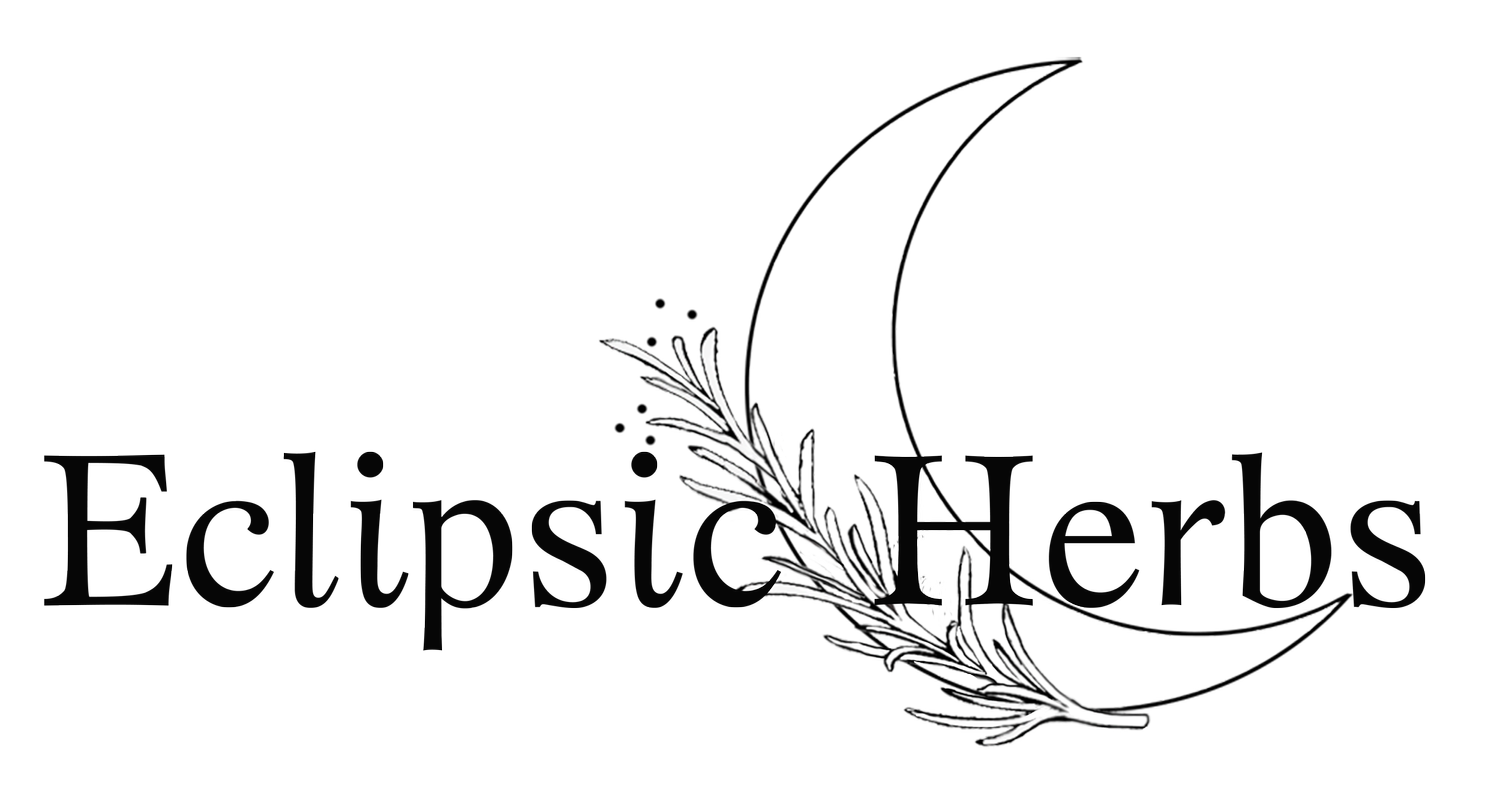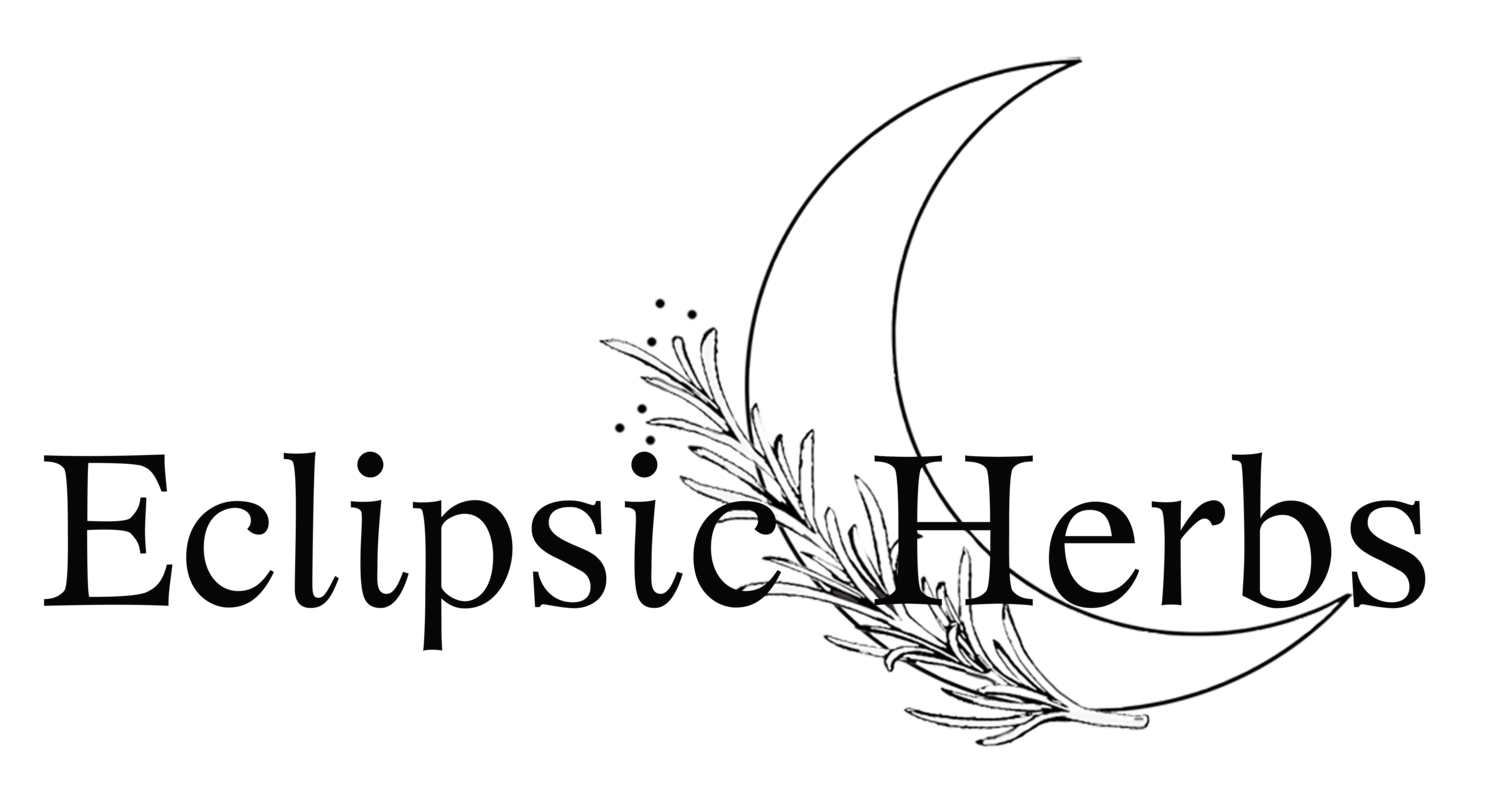How to know if you have a hormone imbalance
Today's topic is going to be all about how to know if you have a hormone imbalance.
Figuring out if you have an imbalance can be tricky because the symptoms are so widespread. But there are a few groups of symptoms that could be good indicators.
Let’s start with the digestive category:
The first one is going to be about constant bloating. Now, this can come up for a variety of different reasons. Mostly it happens when you have problems digesting food. It can be that you have sluggish digestion, your digestive tract is inflamed, or your gut flora is out of balance. The gut flora is the bacteria that live in your gut. If you have more bad bacteria, you won’t be able to properly absorb the nutrients that your body needs from food. Not only that but it will also slow down your digestion. Other causes of bloating could result from food intolerances. For instance, if you are sensitive to gluten, dairy, and things like that. Or having too much inflammation in your digestive tract. This goes hand in hand with the flora imbalance. If there is too much inflammation in your digestive tract specifically your small intestine, it will make it a lot harder for your body to be able to properly digest the food. Other reasons why you could be experienced excess bloating could be due to birth control. Specifically, the type of birth control that has estrogen in it. These types of birth control are usually seen in birth control pills, the implant, Depo shot. They usually have a synthetic form of estrogen and this estrogen is higher than what your body would normally produce. What can happen when you have too much estrogen in your system is that your fat cells will absorb the excess estrogen around your abdominal area. They then will end up producing even more estrogen which can lead to estrogen dominance. Another issue is that you would not even notice that your estrogen is dominant because you are currently on birth control that is masking any of the symptoms that you would normally experience. For example, when I was on the implant, I gained roughly about 8 or 9 pounds within a month or two. I didn't really realize it was due to birth control. I was very bloated, lethargic, and no matter how much I exercise no matter what diet I tried keto, vegan, vegetarian. It didn't matter what I was eating because I wasn't able to lose that weight. After all, it is essentially water weight that your body is holding on to.
The next symptom in our digestive group is irregular bowel movements. On average you should be having around 2 bowel movements a day ideally. But usually, we fall around the once per day mark. If you are having anything less than that you're no longer regular. That could lead to poor digestive issues down the line because if your body isn't able to fully get rid of those toxins and waste, your body will actually reabsorb those used up hormones and put them right back through your blood system. Leading to most likely estrogen dominance. That's why making sure that you do have regular bowel movements is so important. So, adding in extra fiber, chia seeds, Dandelion root tea, and things like that to make sure you are being regular.
The third symptom in the digestive group is hormonal cystic acne. This is the acne that you get along your lower jaw, chin, and sometimes on your cheek area. This is the type of acne that I was experiencing the most through the five years I was struggling with my hormones. This type of acne usually occurs around when you ovulated and right before your period. For me, I think I had one week where I wasn't breaking out because my hormonal acne was so bad. This type of acne can be helped with topical treatments for instance I did retinal and chemical peels. It did help but we also have to remember that this type of acne is a symptom of something greater. It is not that your skin itself is imbalanced. It's that your body isn't balanced, and this is one of the only ways that your body can kind of get rid of some of those excess toxins. Your body is letting you know that your digestive system isn't working optimally. It’s not able to get rid of those toxins in that way so it finds other alternative ways to do it. Once you are able to finally get all those excess hormones out of your system you will see a big reduction in your hormonal acne because your body will be able to function the way it should.
The final symptom in this digestive category is going to be if you experience things like dizziness or Lightheadedness. It's going to be because of nutrient deficiencies. Like we talked about earlier, not being able to digest food properly could be caused by inflammation. Specifically in your small intestine, not being able to absorb the nutrients because of inflammation or from having a bad type of bacteria in your gut flora. Having these nutrient deficiencies could be pretty bad long term because your body isn't able to get the right nutrients it needs to build some of its more important hormones and chemicals. For instance, your body needs magnesium to be able to make melatonin and also progesterone. Those are the central building blocks to making those more complex hormones. If you don't have those hormones being made you can end up with insomnia, estrogen dominance, mood issues, PMS, irregular cycles, etc.
The second group of symptoms that come up as a result of hormone imbalance affect your mental state.
Like I was talking about earlier increased insomnia could be due to low levels of magnesium. Especially if you're experiencing stress because what could end up happening is that if your body is unable to keep up with the demand of cortisol and adrenaline. It's not able to produce that amount that you're using it up. So it will actually steal from the precursor to progesterone. Which would then cause you to have low levels of progesterone. Not having enough progesterone to balance out your estrogen. Which would result in estrogen dominance. What happens when you have too much estrogen is that it can leave you feeling a little bit more frazzled and anxious. That’s because estrogen is more of that Yang energy, that action oriented energy. Too much of that action oriented energy could leave you feeling like you can't rest enough, no matter how much you sleep you're not fully resting and sleeping because like we mentioned earlier cortisol will also steal from the magnesium storage. So not only are you having too much estrogen too much action oriented energy but you also don't have enough melatonin for your body to be able to fully rest and recover.
Continuing with the topic of anxiety, it is another symptom of how hormonal imbalance can affect your mental state. An increase in anxiety is a symptom especially if there are certain parts of your cycle that you start to feel more anxious. It could also be a symptom that you're not smoothly going through your hormonal shifts. You can feel this type of increased anxiousness around ovulation because your body is hitting its peak or should be hitting its peak in all of its major hormones like estrogen and after that progesterone. You can also start to be a little bit more anxious right before your period because that is another major shift in your body. If you're not going through those shifts smoothly as you should be you can see either an increase in anxiousness or a little bit more depression.
Another common symptom of hormone imbalance in your mental state could be difficulty concentrating. Now, this will be touched on in a little bit and it's due to the bad gut flora. The bad bacteria in your gut are like an unwanted guest or a roommate that doesn't pay rent. It doesn't help out with what you need to be able to function optimally. 90% of the serotonin that your body produces is in your gut flora. So your body not being able to fully produce the right amount of neurotransmitters can lead to you feeling fatigued, experiencing mood swings, and difficulty concentrating because the bad bacteria do tend to hijack your brain. To crave things like sugar and things that they themselves would eat. The bad bacteria are fed by sugar and gluten. The kinds of things that will increase inflammation in your gut microbiome. Which will in turn disrupt the gut brain access which is the connection that your gut flora has with your brain. That's why pre and probiotics are so important. Probiotics being the good bacteria in your gut and prebiotics being things that good bacteria eat. Things like veggies, dark greens, a good amount of fiber, healthy fats, proteins, everything that would consist in a healthy diet.
The third group of hormone imbalance symptoms is things that will affect your menstrual cycle directly
The first one is irregular cycles. Now, this can be caused by not having the proper hormonal shifts or from a delay or lack of ovulation. That’s because even though your cycles may be regular it's never guaranteed that your body is going through all the shifts that it needs to actually ovulate. Ovulation is important for your bone health, your mental health, heart health, and overall your health long term. A good way to track if you're properly going through all of the hormonal shifts and if you are ovulating is by using the Fertility Awareness Method. This is the method that I personally use and that I also teach in my Hormone Alignment Program. The way you track your cycle throughout the month is through your basal body temperature, so taking your temperature when you first wake up in the morning, that is your resting temperature. Also through your cervical fluid and your cervical positioning. But the last one isn’t necessary. Tracking these data points throughout your cycle will show you if you're going through all of the normal flows that your hormones go through. Your hormones do rise and dip not only that but you will also notice that there is a temperature spike halfway through your cycle. It’s an indication if you've ovulated. The temperature rise should be sustained for most of your luteal phase. I call it the incubator stage because that's basically what it is. So if you are trying to conceive it's the time where your body has implanted the egg and the rise in progesterone will help it mature. But the reason why I like the Fertility Awareness Method and how I use it is to see and make sure that I'm having enough hormones to go through all the shifts. Making sure that that temperature spike does occur so ovulation does indeed happen. That the temperature rise is sustained. That way I can see if I have good levels of progesterone. Since I do tend to lean more towards estrogen dominance because I’m still a recovering sugarholic. That's why I find it so beneficial. The reason I use it in my program is to see firsthand how my clients' hormone levels are. We then have a reference point to work off to work towards a more normal cycle, normal for them. Plus this knowledge is so beneficial long term. So if you ever have a hormonal imbalance or if your cycles are starting to become more irregular you can see in your cycle as you're charting what exactly is going on. If for instance, you have a lot of stress that month you can notice “oh hey I ovulated four days later than I should be, I probably need to work on that and I need to get rid of that excess cortisol and focus on relaxing”. As we've mentioned before cortisol does also push back ovulation and it can also prevent it. Your body probably experiences the stress and is like “Oh no you're probably in danger! It's not the time to maybe get pregnant let's just hold that off”. So being able to see if you are indeed ovulating or if you're late so you can see what's going on with your cycle. Being able to have that retrospective information long term is amazing.
The next common symptom is PMS. Painful periods are not normal. They are a good indication that something is wrong in your hormonal shifts. There should be some discomfort, that's normal but more painful periods are a good sign of a hormonal imbalance. The same thing as tender breasts, these are all symptoms that there is too much of a certain hormone or not enough progesterone to be able to compensate for the estrogen. It doesn't always have to be estrogen dominance, there can just be an imbalance of hormones.
The final symptom is spotting. Now spotting is most commonly a sign of low levels of progesterone. we talked about estrogen being Yang energy and progesterone being Yin energy. But another way of thinking of this is thinking of estrogen as the builder of a house. So it comes into the site, it has all the materials it needs to build the house and it starts building a wall. Now progesterone's job is to come in and make sure that estrogen is doing a good job and isn't going overboard by making the house super tall or super wide. Progesterones job is to says “that looks good stop there”. If your progesterone levels are too low therefore estrogen is going wild and just continuing to build your uterine lining and it doesn't know when to stop. That is why spotting occurs.
So a good way to start balancing out your hormones again would be to lower the amount of estrogen in your cycle. Let your body produce more progesterone by reducing your stress and including different herbs that will help your body produce more progesterone. Figuring out if you have a hormonal imbalance is the first step to being able to balance your hormones.
Remember that these symptoms aren't each an individual problem they all stem from one cause. That cause is just flowing into all of these separate areas. Once you start getting your hormones back in balance the symptoms will all take care of themselves because the root cause of these symptoms has gotten better.
If you’re ready to start your healing journey, then I invite you to check out my Hormone Alignment Program. It’s a 3-month program to get your hormones balanced and learn how to keep them that way!
Click below to learn more



